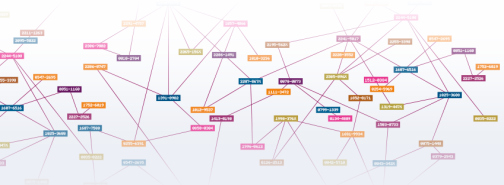Bonjour,
Les communications et vidéos de la Journée ISSN du 4 novembre 2015 sont en ligne.
Pour rappel, le programme de cette très enrichissante journée était le suivant :
Ouverture de la journée
– L’ISSN, pivot de la coopération entre l’ABES, les réseaux Sudoc et Sudoc PS, et les éditeurs
– PIE-J : la présentation et l’identification des revues en ligne
– Chantiers, outils et collaborations : autour des publications en série en ligne
– ROAD : le réseau ISSN au service du Répertoire des Ressources scientifiques en Accès Ouvert
– Coopérer grâce à l’ISSN : signalement et accès à la presse ancienne locale en ligne
– BACON, base de connaissance nationale
– ISSN-L et Open URL
– The Keepers : un registre au service de la préservation des revues électroniques
– Table ronde : La révision de la norme en 2016 : repenser l’ISSN pour relever les défis du numérique
Clôture
Bon visionnage !




